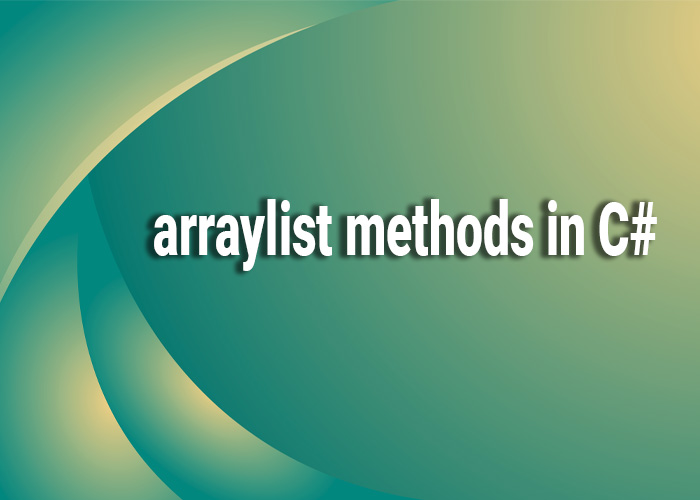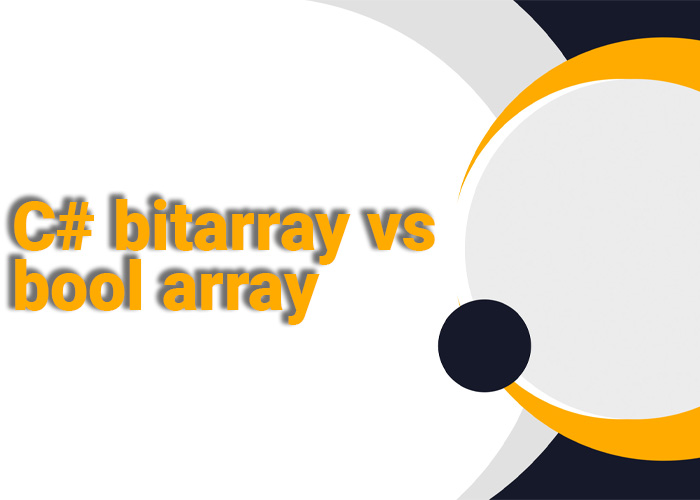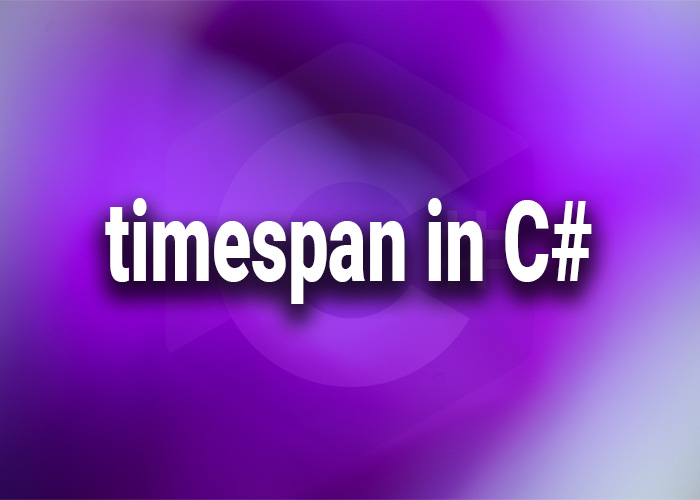C# without Semicolons: An Overview
C# is a strongly typed language that typically requires semicolons (;) to signify the end of a statement. However, exploring the limits of syntax can be an interesting exercise in understanding language structure and compiler behavior.
The Role of Semicolons in C#
In C#, semicolons are used to define the end of a statement, which is a basic building block of the program. Each executable instruction ends with a semicolon. It helps in distinguishing between one statement and the next.
Writing Code without Semicolons
Using Object Initializers
Object initializers in C# allow properties to be set without explicitly ending the statements with semicolons when used within braces. Here's an example:
var person = new Person
{
FirstName = "John",
LastName = "Doe"
}; // Semicolon is only needed at the end of the initializer.
Lambda Expressions
Lambda expressions to define methods or functions inline don't require semicolons within the expression:
List<int> numbers = new List<int> { 1, 2, 3, 4 };
numbers.ForEach(number => Console.WriteLine(number));
Single-Line Blocks
If a block of code, such as an if statement or loop, contains only one statement, it can technically avoid semicolons:
if (true) Console.WriteLine("No semicolons needed here")
Limitations and Practicality
While it's possible to omit semicolons in some specific cases, this practice is generally not recommended. Omitting semicolons can lead to ambiguous code that's hard to read and maintain. Furthermore, most C# code constructs will still require semicolons, so consistently using them improves readability and reduces errors.
Conclusion
The requirement for semicolons in C# is not just a syntactical obligation but a cornerstone of clear code structure. While exploring ways to omit them might be academically interesting, practical C# programming adheres to using semicolons for the clarity and structure they provide.





